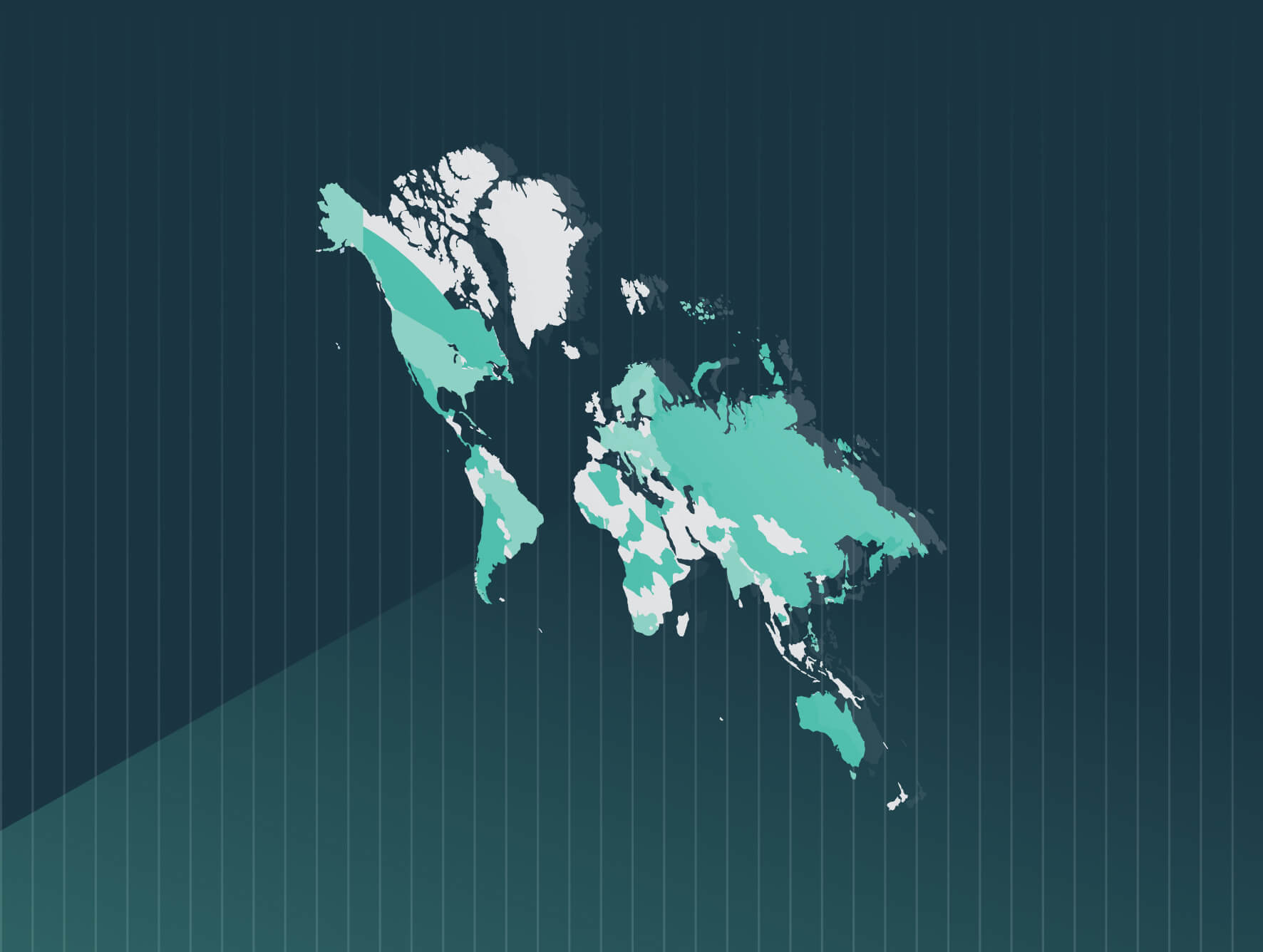The 2022 fiscal year is shaping up to be busy for the U.S. Equal Employment Opportunity Commission (EEOC). The agency experienced a boost in activity at the end of 2021 according to its Agency Financial Report, indicating the enforcement lull it experienced in 2020 is over.
A message from EEOC Chair Charlotte Burrows affirms the agency’s commitment to combatting employment discrimination: “[…] during the past fiscal year the agency renewed its focus on tackling systemic discrimination in all forms and on all bases, including promoting racial justice and equity in the workplace, preventing and remedying discrimination in pay, and addressing the civil rights impact of the COVID-19 pandemic.”
For decades, EEOC has ended its fiscal year with a surge in lawsuits. The agency filed 59 lawsuits in September 2021, which is 26 more than it filed in 2020. That’s roughly on par with lawsuits filed in years preceding the COVID-19 pandemic. In total, the agency filed 116 lawsuits in 2021 (up from 101 in 2020).
While that figure is fewer than the total number of lawsuits EEOC filed in fiscal years 2018 and 2019, it suggests enforcement is ramping up again.
As employers navigate the effects of COVID-19on the job market, they should stay tuned on how new leadership and evolving priorities will shape the future of the agency’s enforcement goals.
The fiscal year 2021 financial report shows that EEOC secured more than $484 million for victims of discrimination and resolved 41.1% of conciliations. As a result of increased staffing, the agency raised its overall merit factor rate in private sector charges to 19.2%. A look at the breakdown of the types of lawsuits EEOC filed may foreshadow the enforcement goals to come:
- Cases filed under Title VII of the Civil Rights Act of 1964 made up the majority of all filings at 62%.
- Cases filed under the Americans with Disabilities Act made up the next most significant portion at 36%.
- There was only one age discrimination case filed (down seven from fiscal year 2020).
- Gender discrimination charges for 2021 will be released next month and are expected to be roughly on par with 2020 figures, which were at their lowest in over 20 years.
- While fiscal year 2021 saw a filing dip in some key regions compared to past years (including New York, California, and Indiana), it saw an increase in other regions across Philadelphia, Illinois, Texas, and Alabama.
- The agency’s release of its 2021 annual performance report and enforcement statistics will be forthcoming and will further illuminate how priorities are shifting.
With diversity, equity, inclusion, and accessibility (DEIA) a prominent focus under the Biden administration, the EEOC has committed to follow suit and put pay equity “front and center.” The agency has made its plans to bolster pay equity enforcement clear.
The EEOC is expected to collaborate with other federal agencies to drive equal pay initiatives, including the Office of Federal Contract Compliance Programs (OFCCP). Earlier this year, OFCCP announced it would use EEO-1 Component 2 pay data information to enforce pay equity. With OFCCP’s auditing capability and EEOC’s directed investigation authority, employers can anticipate their pay practices to be more rigorously inspected.
Increased scrutiny around pay data reporting means that employers will need to take proactive measures to prepare. Failing to do so could mean damage to your company’s reputation and bottom line. The best way to stay in compliance is to conduct a proactive pay equity audit. This process helps you do your due diligence as an employer when it comes to identifying and resolving compensation issues within your workforce.
Trusaic’s comprehensive PayParity solution is a one-stop shop for pay equity auditing, DEI monitoring, and expert consulting services. The software performs a holistic analysis of employee compensation at the intersections of gender, race/ethnicity, and age to help your organization promote transparency and achieve workplace equity.








